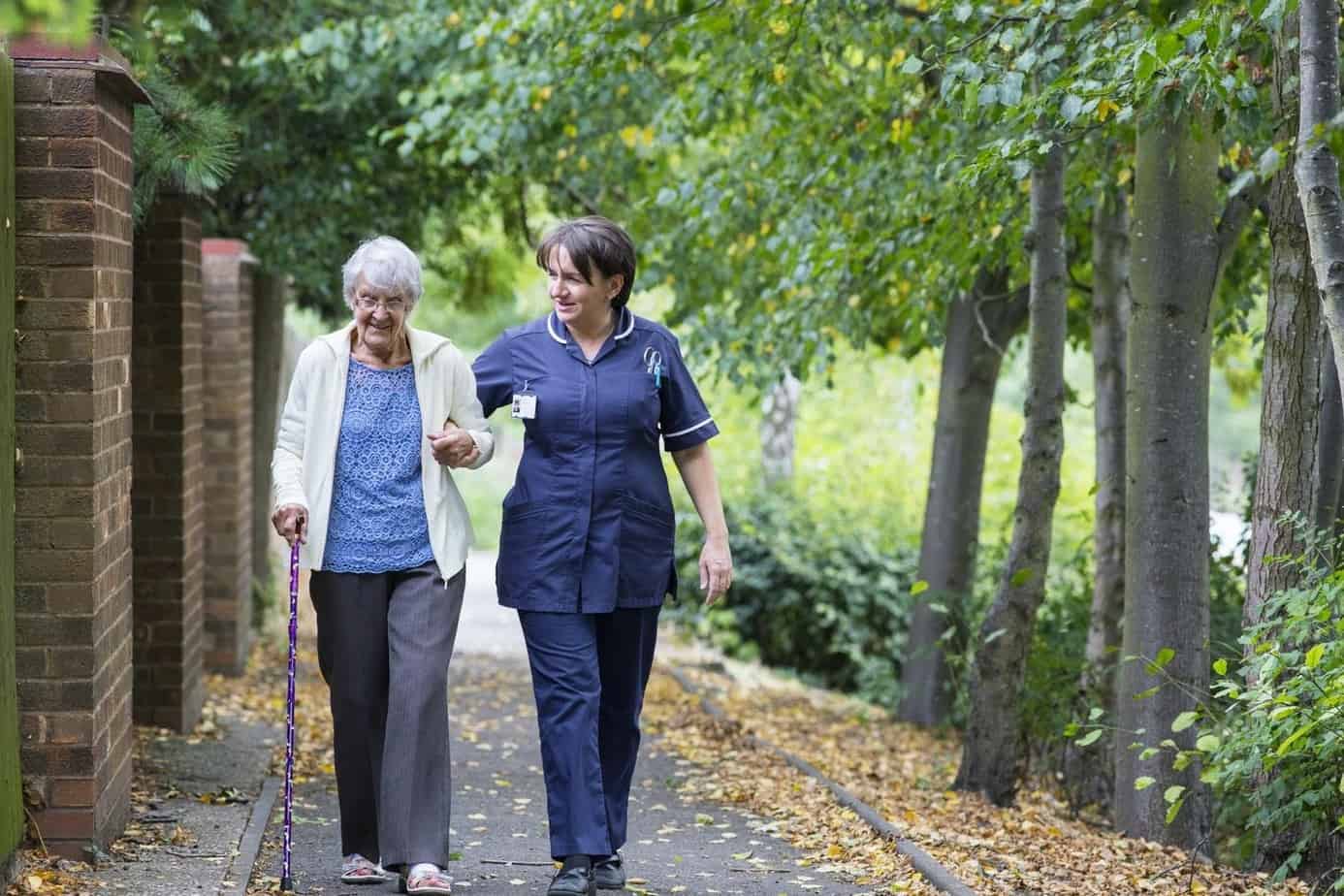As you get older, experiencing tumbles and falls is part and parcel of the deal. What’s also true is that a number of elderly people live alone, compounding the risks of falling.
Of course, a personal injury solicitor can help you with claiming if the injury wasn’t your fault. That said, there are a number of ways you can protect yourself against this eventuality, whether that be at home or out and about.
In this article, we’re going to provide 10 actionable tips for avoiding these falls when you live alone. This way, you can stay as healthy as possible for as long as possible! Take a look…
Stay Active
One of the biggest causes of falls in the elderly is muscle weakness and poor balance. So, the best way to counteract this is to remain as fit and healthy as possible. This can be done through various activities, but the best ones include walking and swimming.
Of course, be sure to speak to your doctor or other medical professional for advice on building this muscle and staying fit. However, simply taking a leisurely walk regularly is sure to help.
Make Sure Your Eyes Are Tested Regularly
According to the government, another key reason for falls in the elderly is visual impairment. Of course, losing site is another unfortunate side effect of getting older. However, for some people, this can be rectified through cataract removal, laser-eye surgery, or even just new glasses.
Getting your eyes tested regularly will help you to identify and solve any of these issues.
Get Your Hearing Tested Too
It’s not just our sight that can have an impact on falls – hearing can actually affect things as well. This is because, when you can’t hear what’s around you, your reaction times might not be as quick. This can lead to accidents, especially when you’re out and about near cars and cyclists.
So, having your hearing checked, and having any issues rectified where possible through hearing aids, will really help.
Change Your Medication
One of the other, perhaps surprising, causes of falls in the elderly is polypharmacy. This is where multiple medications are being taken at once, which is often the case for elderly people. This can lead to a variety of symptoms, but dizziness and lack of balance can be one of them.
Even on their own, without being mixed, some medications can cause dizziness. This is why speaking to your doctor about your symptoms is paramount. This way, you can discuss your options, and some sort of decision can be made about the future of your medication.
Remove Trip Hazards in the Home
As you get older, your reaction times might not be as quick, so any trip hazards may cause far more damage than you think. Ensuring to keep these trip hazards out of the way is extremely important if you want to keep yourself intact. Whether you’re prone to leaving things lying around, or you’ve had the grandkids to stay and their toys are everywhere, it’s important you remove the mess.
Install Handrails
Handrails are also a great addition to your home if you’re beginning to find you lose your balance more regularly than you used to. Although they might not fit with your interior design aesthetic, they’ll definitely help you to feel steadier on your feet.
These rails don’t have to be everywhere; they can be installed in some of the major places where you might have trouble balancing. For example, anywhere where you have a step could be useful, like the front and back door, as well as the shower.
Eat Well and Stay Hydrated
Age UK also recommends that you eat well and drink plenty of water to avoid falls. Having enough energy is paramount to avoid light-headedness, keeping you on your two feet.
Keep Your Bones in Check
Weak bones is also a key problem when it comes to getting older, as many elderly people develop osteoporosis. This can not only lead to falls, but can mean that the consequences of that fall are more drastic as the bones can break or dislocate suddenly.
So, regular exercise, as well as proper consumption of vitamin D, is paramount. Be sure to speak to your doctor, who can give you professional advice on how to take care of your bones properly.
Wear Sensible Shoes
Your shoes can also have a big impact on your balance, and are important for supporting your ankles in the right way. Choose sensible shoes, like trainers, that fit well and won’t slip off. Also, make sure the shoes aren’t too high, and remember to always wear slippers around the house, rather than bare feet.
Take Things Slow
Although it can be frustrating to see your body becoming frailer before your eyes, it’s also important that you take stock of what you’re now capable of. Try and find new hobbies that aren’t too strenuous, and take your time as you manoeuvre yourself from A to B. There’s no rush and, with any luck, taking things with ease might help you to live that little bit longer.
Ready to Avoid Falling Altogether
As you can see, there are a number of ways you can reduce your risk of falling, especially when you live alone. The NHS site has plenty more tips where that came from, so be sure to peruse their list so you can be as thorough as possible.
Stay safe, and be sure to leave your own tips and tricks for avoiding falls in the comments down below.
Senior Outlook Today is your go-to source for information, inspiration, and connection as you navigate the later years of life. Our team of experts and writers is dedicated to providing relevant and engaging content for seniors, covering topics such as health and wellness, finances, technology and travel.






